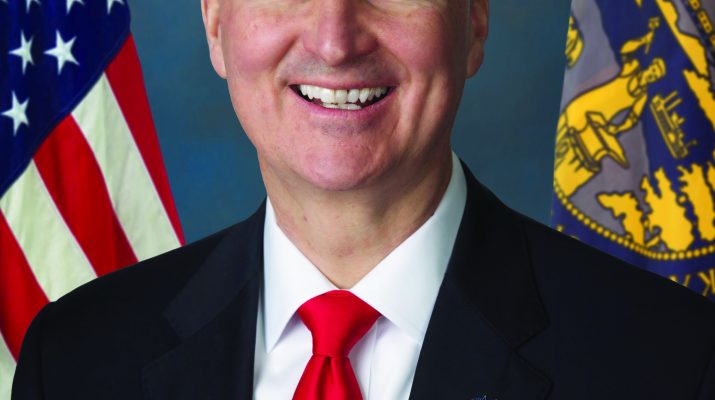One of my top priorities is making government work better. A major way to do that is blocking burdensome regulations that don’t work for Nebraska. One recent example is the Centers for Medicare and Medicaid Services’ (CMS) rule mandating new minimum staffing standards for long-term care facilities. While the intention behind this rule may be well-meaning, it would have terrible consequences for long-term care facilities in our rural communities. On the Special Committee on Aging I’m fighting against those consequences.
Long-term care facilities play a vital role in providing quality care for our seniors and individuals with disabilities. These facilities are the lifeblood of our rural communities. They provide more than just essential care. They also provide jobs and economic stability. However, CMS’ new rule threatens to undermine the very existence of these facilities and the communities they serve.
This isn’t the first time CMS’ one-size-fits-all mandates harmed long-term care facilities. During the COVID-19 pandemic, CMS’ lockdown policies kept seniors from their families and increased feelings of loneliness. Its vaccine mandate forced staff to decide whether to get the shot or quit their jobs. It disregarded the sincerely held religious beliefs of many qualified medical professionals. These actions exacerbated historic staffing shortages that remain particularly acute in rural areas.
Rural long-term care facilities often struggle to recruit and retain qualified staff. In Nebraska, 80% of counties have lower per capita numbers of Registered Nurses (RNs) and Licensed Practical Nurses (LPNs) than the national average. Nine Nebraska counties have no practicing RNs at all. In many cases, these facilities are already operating on razor-thin margins. Any additional costs associated with meeting new requirements could easily push them over the edge and force them to close.
Sadly, that’s exactly what CMS’ new minimum staffing standards would do. According to CMS, 75% of nursing homes would have to increase staffing to comply with these staffing standards. One national study from the American Health Care Association shows facilities would need to hire more than 100,000 additional nurses and nurse aides. That has an estimated cost of $6.8 billion. Our long-term care facilities don’t just have $6.8 billion lying around. The high compliance cost of this unfunded mandate will have devastating consequences.
We all want to make sure seniors have the best standard of care. But one-size-fits-all mandates do the opposite of that. Instead of helping Nebraska seniors, the administration’s rule would turn the current shortage into a crisis. Its unreasonable demands could cause numerous facilities across our state to close. That means less access to critical care for Nebraska seniors. That’s just wrong.
I’m doing everything in my power to stop burdensome federal rules from closing long-term care facilities. I’m supporting Congressional Review Act legislation to block it. I’m also co-leading Senator Fischer’s Protecting Rural Seniors’ Access to Care Act. The bill would roll back this rule. It would also establish an advisory panel to identify real solutions that won’t harm seniors’ access. Over 90 organizations, including the Nebraska Health Care Association, the Nebraska Hospital Association, and the National Rural Health Association, support this bill.
In this time of rising costs, our seniors face significant challenges. The last thing they need is for the facilities that care for them to close because of burdensome regulations. I’ll continue to work with colleagues on both sides of the aisle on real solutions to address the staffing crisis.
My team and I are here to serve you. Contact us anytime by phone at 202-224-4224. You can also view my website at www.ricketts.senate.gov/contact.

